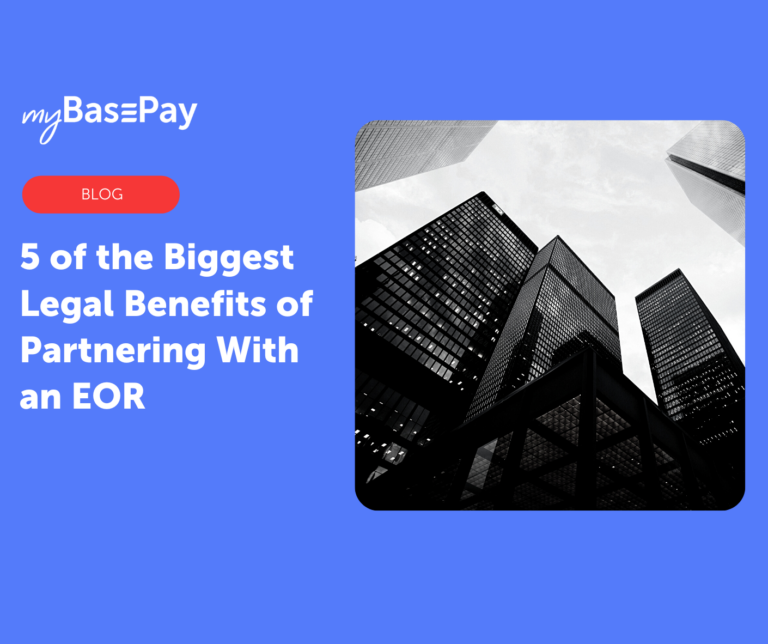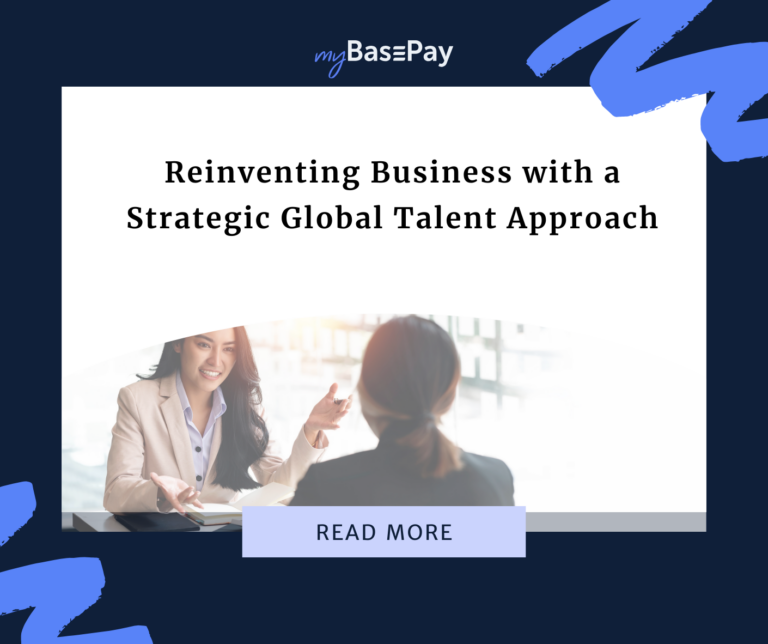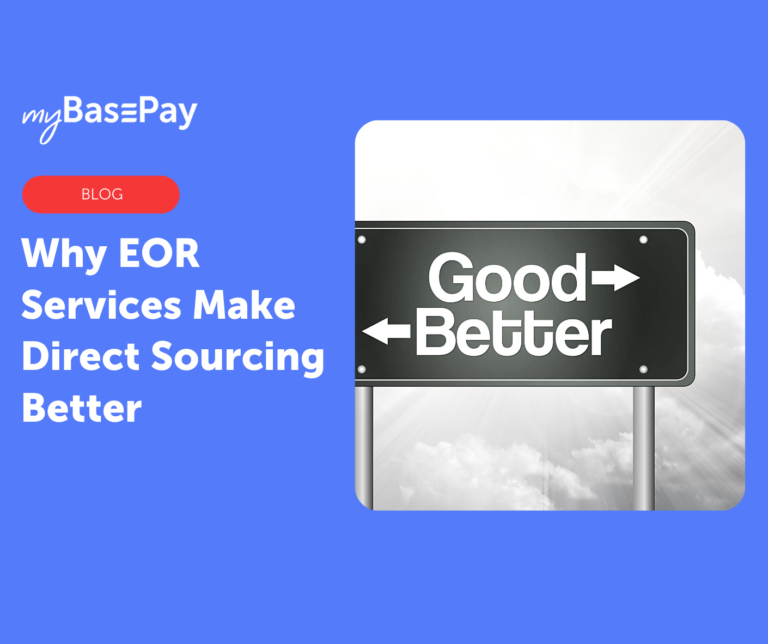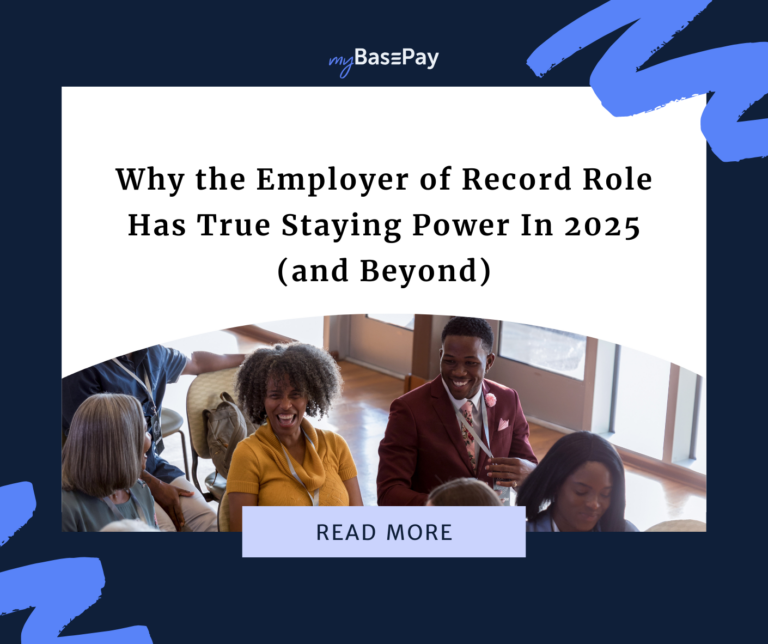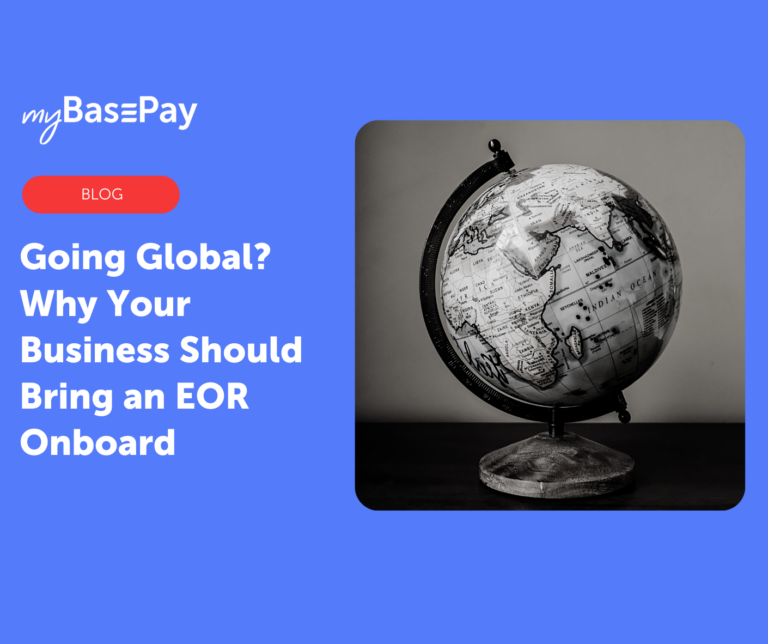5 Tell-Tale Signs It’s Time Your Business Engage an Employer of Record (EOR)
Change is one of the only constants in business, and the signs that point to its necessity can appear in all sorts of forms. Internal processes can quickly become complicated and overwhelming to manage appropriately for those undergoing rapid growth with a global network. While this might be stressful within the moment, it often signifies that a business has crossed a critical threshold—deciding to engage with an employer of record (EOR for short) results in simplicity for the backend of enterprises. An EOR acts as an umbrella beneath which all involved with a business’s operation can be grouped and handled by a third party specializing in particular services like payroll, human resources, and ensuring local compliance.
So while a worker will still be doing work for their company as standard, the EOR provides an infrastructure backbone that keeps things internally tidy. Ideally, the typical signs which follow can be spotted months or years before the change to an EOR model becomes urgently necessary, thus allowing the transition to occur more smoothly. The pros at myBasePay offer precisely this kind of turnkey solution and pride themselves on their ability to eliminate administrative headaches for companies on the rise.
-
Your Team Is International
The concept of global teams has become common practice thanks to technological advances which negate the geographical distances between individuals. Collaboration can be done easier than ever with anyone in the world, and the possibilities of this are endless. More and more companies are opting to broaden their scope in their hiring searches, and quite often, this is rewarded for success. Teams with diversity management are 35 percent more likely to report financial returns above their industry average.
The larger talent pool means companies have a better chance of finding the exact fit for their needs, and these candidates provide a fresh and new perspective on the problems each business faces. Yet specific rules and regulations must be upheld in such a relationship, which differ with each
country. Becoming knowledgeable of the intricacies would require an incredible amount of time of any sole company or individual, but an EOR can step in can assist immediately.
They provide an experienced hand, ensuring that the hire is recognized as valid by the employee’s home country and that payroll processes in a timely and accurate fashion. If an international team is your current model or seems to be the direction, then having an employer of record on-call can save all involved invaluable time.
-
You Utilize Hybrid Teams
We saw in 2020 the rise of remote work like never before, and many questioned if a return to the office would ever occur. It seems that the pendulum is swinging back towards the center. However, it is a new form known as hybrid teams. Hybrid teams consist of employees or contractors who do their job both in-person and remotely, and 63 percent of high-growth companies currently use this model. Everyone stands to benefit here with increased freedom for employees and lower office costs for employers.
However, keeping track of each cog in the company is a job in itself, as each individual has different terms of employment that must be met to stay compliant. Keeping track of the employment terms for hybrid team members, each with their unique employee agreement is a time-consuming but critical component of a modern company. An employer of record keeps detailed files from day one of the hiring processes and ensures the backend never becomes a tangled mess.
-
You’re Concerned About Employee Classification
A business must constantly update employee classification, and a lapse inaccuracy can result in severe consequences. For companies that use independent contractors and total, part-time, or contingent employees, each must remain correctly classified and compliant with the local labor laws. Criteria like the scope of work, hours per week, and the like must be consistent throughout the employee’s time with a company.
Companies have become increasingly popular to utilize contingent employees for projects with a specific purpose or a clear start and end date. These temporary workers are different from their part-time or full-time counterparts, mainly located overseas and subject to different taxation laws.
The quality of temporary workers has never been higher thanks to the global talent pool that’s now accessible. However, their misclassification is a costly mistake as it disrupts payroll from processing correctly. When this occurs, it damages a company’s reputation among contingent workers, ultimately leading to less choice and opportunities for a company.
An EOR ensures these issues never arise as a contingent worker’s employment details are kept accurate and compliant. For those looking to utilize the temporary worker pool fully to start and scale their contingent employee relationships.
The costs of improper domestic employee classification are high, as it can result in hundreds of thousands of dollars in back wages and fines. Along with the time lost on the headache and backtracking, it’s truly a disaster for an employer to try to solve these issues while keeping up with the day-to-day operational needs of a business. An EOR can dissolve these issues virtually overnight as they provide proprietary classification processes specifically built to combat the compliance risk. They work as a bridge between businesses and the local labor authorities to ensure all are on the same page and there are no surprises down the line. Improper employee classification can be a costly mistake, but an Employee of Record can provide a pleasantly sweeping change in this regard.
-
You Need to Ensure Benefits Are Locally Compliant
Benefit packages commonly attached with positions must be attractive to catch the eyes of top-notch talent, but equally so, they must be compliant with the local laws. Each state and country has its unique requirements with regards to benefits like health care. US employers with 50 or more employees must stay compliant with the Affordable Care Act (ACA) to avoid incurring hefty fines and penalties. An employer of record facilitates such benefits to ensure ACA compliance. Most employees based in foreign companies will have their version of this requirement, and some require additional coverage for full-time employees. US employers might be unaware of these rules, but regardless they are their responsibility. An EOR can give valuable advice on the norms of benefit packages for the area and help ensure those processes remain compliant after the hiring process.
-
You Have Sensitive Intellectual Property to Protect
In specific industries, unique intellectual property is as valuable as any other part of the company, and ensuring it does not drift into the hands of competitors is a genuine concern. The laws for protecting intellectual property are complicated enough domestically; however, international hybrid teams have become far more delicate. Some employees will need to access this info, but the company needs assurance that it remains secure. An employer of record assists in this regard, working with local experts to make sure both sides are on the same page regarding the intellectual property’s usage and spread. Attempting to
perform this action alone is a risky endeavor for any company and is best handed off to those with expertise in the field.
If these signs look a little too familiar, then the time might be now for your business to begin working with an employer of record. The resources saved in time, finances, and ease of operations will be well worth it.
Author: Cesar Romero
Cesar is the Head of Marketing at myBasePay, where he’s responsible for overseeing the company’s content marketing, community, and partnerships strategy. He also co-hosts The Ivy Podcast where he interviews executives from Fortune 500 companies on executive leadership. When he’s not helping startups with marketing and community strategy, you can find him paying it forward by serving as a mentor for leading organizations like StartingBloc, Hive, and Global Citizen Year.

